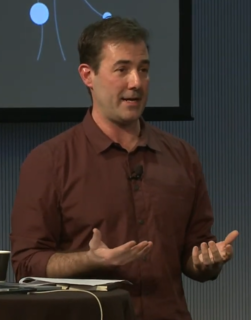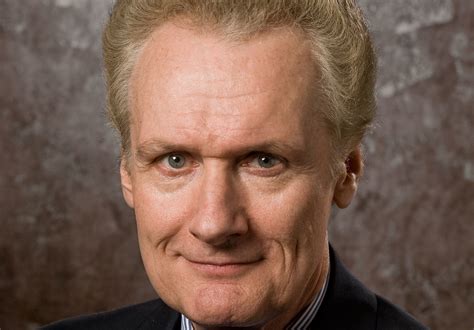A Quote by Hannah Fry
I don't like the algorithms that don't do what they claim they do.
Quote Topics
Related Quotes
These algorithms, which I'll call public relevance algorithms, are-by the very same mathematical procedures-producing and certifying knowledge. The algorithmic assessment of information, then, represents a particular knowledge logic, one built on specific presumptions about what knowledge is and how one should identify its most relevant components. That we are now turning to algorithms to identify what we need to know is as momentous as having relied on credentialed experts, the scientific method, common sense, or the word of God.
If I ask you who is the most famous scientist who ever lived, or the greatest scientist who ever lived you'll say either Einstein or Newton or something like that because their claims were supposed to apply universally. But the claim of somebody who is studying a particular feature of the evolutionary process like whether it's very fast or very slow, or occurs in steps and so on, that's not a universal claim, that's a rather specialised claim and so you can't claim to great fame and great success.
It's difficult to make your clients understand that there are certain days that the market will go up or down 2%, and it's basically driven by algorithms talking to algorithms. There's no real rhyme or reason for that. So it's difficult. We just try to preach long-term investing and staying the course.
The claim that myth is always a narrative spin-off of ritual; the claim that myth is the projection of human anxieties onto a cosmological scrim; the claim that myths are invented to give sanction to human predilections and institutions... These are ways of trivializing a mode of thought that has served humanity well for a very long time.
So much of the language that surrounds us - from things like economics, management theory, and the algorithms built into computer systems - appears to be objective and neutral. But in fact, it is loaded with powerful, and very debatable, political assumptions about how society should work and what human beings are really like.







































